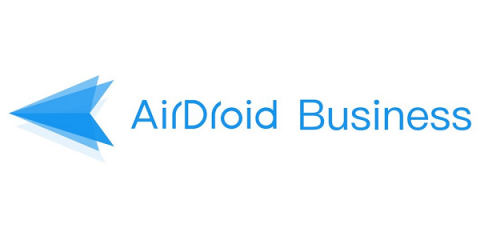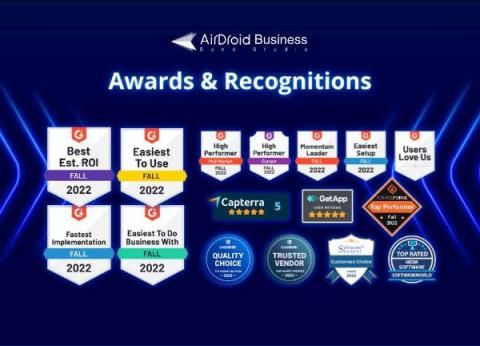Operations | Monitoring | ITSM | DevOps | Cloud
Latest News
The Importance of HIPAA Compliance in Business App Development
Facing the FinTech: How Remote Support Can Help Banks Compete
Banks are facing stiff competition from FinTech firms. When most people think of this head-to-head battle, they likely assume that the differentiator is technology. The banks have legacy solutions, while the FinTech firms have newer innovations. While this framing is accurate, it does not give the full picture. FinTech firms are not only turning to new technology for the sake of new technology – they are doing so in service of what matters the most in their industry: customer service.
What Android Enterprise means for MDM
With over 2.5 billion users, Android enjoys a dominant 85% market share in the mobile operating space. It does have one glaring weakness however: enterprise. Most businesses still favor iOS, the operating system of Apple devices like the iPhone and iPad. As part of Google’s bid to secure more of the enterprise market, Android Enterprise is a software platform that provides application programming interfaces (APIs) to developers who build MDM solutions.
How MDM Can Protect Against Generative AI Mishaps on Digital Displays
Generative artificial intelligence (AI) is defining 2023. Numerous tech companies, including OpenAI and Google, have put out large language models (LLM) that can be used by consumers directly, or integrated into other products via an application programming interface (API). Many companies are rushing to include generative AI into new or existing products. Some are even doing so in customer touchpoints, such as digital kiosks.
Best Digital Signage Growth Guide for Small Businesses
One of the aspects we appreciate about digital signage is that it promotes fairness. Unlike social media, pay-per-click (PPC), and online advertising, where coverage is often determined by budget, digital signage allows businesses of all sizes to compete equally. With digital signage, the cost of setting up and rolling out is determined by the number of screens you use rather than the number of competing companies. Digital signage is a versatile tool that anyone can easily set up.
POS Security: How to Protect Your Android POS Systems
The adoption of POS devices across industries is advancing, fast! Businesses including restaurants, grocers, and retail stores are seeing POS devices as a multi-functional hub that offers menu creation, tableside ordering, employee management, CRM, inventory management, and more. According to statistics, 59% of retailers made focusing on omnichannel capabilities their top POS priority in 2020.
The Advantages and Challenges of Remote Teams: A Comprehensive Guide
The global COVID-19 pandemic ushered in a new era of remote work. The Pew Research Center reports that over 71% of people had transitioned to working from home at the height of the pandemic. As of 2023, that number is still relatively high, with 59% of workers remaining at home though social distancing restrictions have long been relaxed. As remote work becomes increasingly common, many managers are considering transitioning to the new model.
4 Tips for Scaling Your Managed Service Provider Business
Getting more clients or adding a new service may sound like all it takes to expand your business, right? The truth is that expansion requires refining every aspect of your business’s operations and adopting a proactive approach to growth. There are several factors to consider when deciding to scale your business, including the cost of required software, resources needed to train technicians, and the cost of advertising the new service.
Awards and Recognitions - AirDroid Business Continues to Accumulate Accolades for Its MDM Solution [2023 Updated]
When searching for an MDM solution that is a right fit for your organization, it is important to ensure that the core features you are looking for align with your business needs. This is where B2B software review sites come into play, to help you make a more informed decision by offering real-user reviews from businesses that have similar needs and have been facing similar challenges like you.










